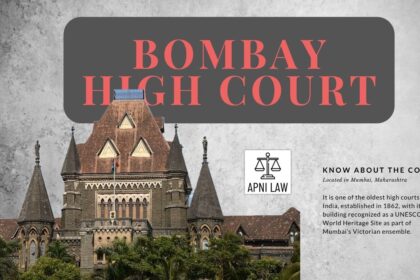The Karnataka High Court has ruled that Section 39 of the Insurance Act, as amended, does not override personal succession laws. It clarified that a mother, designated as a beneficiary nominee in her deceased son’s insurance policy, cannot claim absolute ownership of the policy benefits if legal heirs also stake a claim.
Nominee’s Rights Yield to Succession Laws
The court stated that if the legal heirs of a deceased policyholder claim insurance benefits, their claim prevails over that of a nominee under Section 39. The ruling emphasizes that the Insurance Act does not govern inheritance issues, and nominees do not automatically become sole owners of insurance proceeds.
Under Section 39(7), a nominee—such as a parent, spouse, or child—is entitled to the insurance payout unless proven otherwise. However, Section 39(8) states that if a nominee dies after the insured but before receiving the payout, the benefits pass to the nominee’s legal heirs. The court interpreted these provisions to mean that nominee rights apply only in the absence of competing claims from legal heirs.
Case Background
The dispute arose after the death of Ravi Somanakatti in 2019. Before his marriage, he had named his mother, Neelavva, as the sole nominee in two insurance policies. After his marriage and the birth of his child, he did not update the nomination. Following his death, his wife and child filed a lawsuit, which the trial court ruled in their favor, granting a one-third share each to the wife, child, and mother. Neelavva appealed, arguing that Section 39 granted her exclusive rights.
Court’s Findings
The High Court upheld the trial court’s ruling, rejecting the mother’s claim to full ownership of the insurance proceeds. It ruled that:
The Insurance Act does not establish a separate mode of succession.
Nomination under Section 39 is not intended to override inheritance laws.
A nominee acts as a custodian unless there are no claims from legal heirs.
The court also cited a prior judgment, reaffirming that a nominee does not gain full ownership of an asset after the policyholder’s death if legal heirs exist.
Call for Legislative Clarity
The High Court highlighted ambiguities in the Insurance Act’s language, urging lawmakers to ensure legal provisions are clear and free from conflicting interpretations. It recommended:
Explicitly stating the purpose and scope of amendments.
Clarifying whether amendments apply prospectively or retrospectively.
Providing illustrative examples in laws for better understanding.
Addressing conflicting court rulings through legislative amendments.
Drafting laws in simple, clear language to avoid misinterpretation.
This ruling reinforces that succession laws take precedence over insurance nominations, ensuring that policy benefits are distributed fairly among legal heirs.








